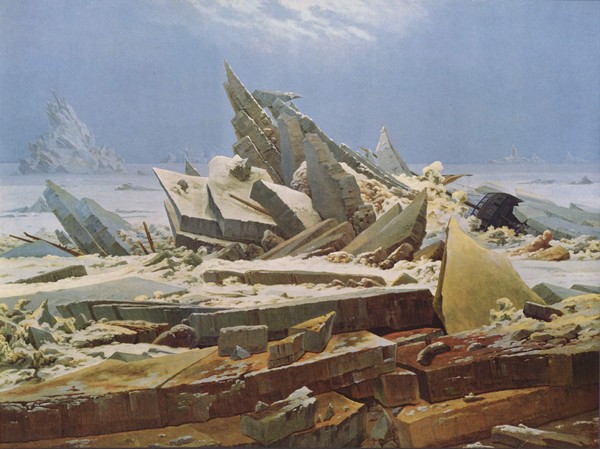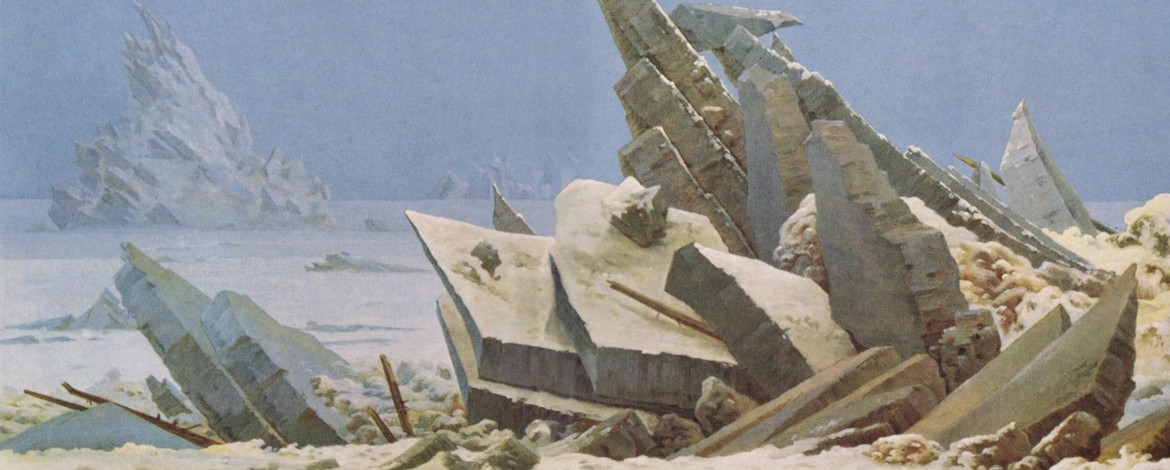
On Friday, February 2, it will be twelve years since I wrote my first post on this blog. To begin the traditional anniversary article, I would like to thank you, my dear readers. For reading occasionally, for doing it week after week, for telling me when you like a song, for providing details or suggestions, here, by mail, on the social networks or when meeting by chance at concert venues. Thank you very much for being always here.
It has been a calm year (as almost always). We have finished the series dedicated to Heinrich Heine, The Buch der Lieder and ten composers, and we have started the series (open series, in this case) The same, one more song. In fact, I managed to sort it out, because it began many years ago. I'm thinking about starting a new series; I'm not sure if all the pieces will fit me or if I'll have it ready to go during this season; for now, I think it's going to be fun (I know, fun and Lied in the same sentence) Let's see.
When I look at the blog stats, I see that the trend of recent years is still present: almost a quarter of the songs I've published come from composers we just discovered on Liederabend; Art Song is a huge genre! We heard fifty-seven songs, as some articles had more than one, and we have incorporated into our lists twelve poets, sixteen singers and fourteen accompanists. If we add up these figures to those of the previous years, we arrive at a total of (as the title reads) 647 (songs) - 146 (composers) - 263 (poets) - 274 (singers) - 263 (accompanists).
This week we celebrate Liederabend's birthday, but today we celebrate Franz Schubert's birthday: the apple of my eyes was born on 31 January 1797, 227 years ago. Today, we're adding a song to his 142 songs on Liederabend to illustrate the article. I have chosen one that I find beautiful and not widely known: Der Wanderer, D. 649. I mention the catalogue number because there is another Lied with the same title and with a different poem, Der Wanderer, D. 489, much better known.
The song I'm proposing was composed by Schubert in February 1819 from a poem by Friedrich Schlegel; it was published seven years later as Op. 65/2. The wanderer of the poem follows the advice of the moon: he walks without stopping, to avoid “endless cares”; when we read the verses we realize that it's fully romantic: in addition to the wanderer we find night, loneliness, uprooting, nostalgia… Schubert regroups the four stanzas of the poem into two musical stanzas: we can't say the song is strophic; at most, it's strophic varied because the music is quite different, but the composer manages to make us feel like it's repeated. How much peace this Lied conveys! It is one of Schubert's serene, calm, introspective songs, which provide a peace that is becoming a scarce resource.
Friedrich Schlegel's poem was published in 1802 in the Musenalmanach edited by his brother William August and by Ludwig Tieck; it is included in a collection of twenty-two poems called Abendröte. Schubert didn't just write this song from a poem from this collection; between 1819 and 1823, he put into music half of the poems. That's why the eleven songs are sometimes understood (or performed) as a cycle. For us, Der Wanderer is the first song of this cycle, and we will listen to it in a first-class interpretation by Andrè Schuen and Daniel Heide.
Finally, I would like to mention another anniversary: that of the painter Caspar David Friedrich, who is a full contemporary of Schubert and Schlegel and, like this one, he is fully romantic. I don't keep track of the artists and works that accompany the posts, but a quick search yields eight of his works; he probably is the more repeated artist. Instead of the usual collage I usually do for the anniversary with some of the works published in the past year, this year we have a painting by Friedrich, one of the ones that really grabbed my attention when I saw it in the museum: Das Eismeer. The immensity of the frozen sea dominates everything, and it is difficult to see the hull of a wrecked ship.
Thank you all so much! Enjoy the music, the painting, and see you next week!
Wie deutlich des Mondes Licht
Zu mir spricht,
Mich beseelend zu der Reise:
“Folge treu dem alten Gleise,
Wähle keine Heimath nicht.
Ew’ge Plage
Bringen sonst die schweren Tage;
Fort zu andern
Sollst du wechseln, sollst du wandern,
Leicht entfliehend jeder Klage.”
Sanfte Ebb’ und hohe Fluth,
Tief im Muth,
Wandr’ ich so im Dunkel weiter,
Steige muthig, singe heiter,
Und die Welt erscheint mir gut.
Alles reine
Seh’ ich mild im Wiederscheine,
Nichts verworren
In des Tages Gluth verdorren:
Froh umgeben, doch alleine.


















Comments powered by CComment